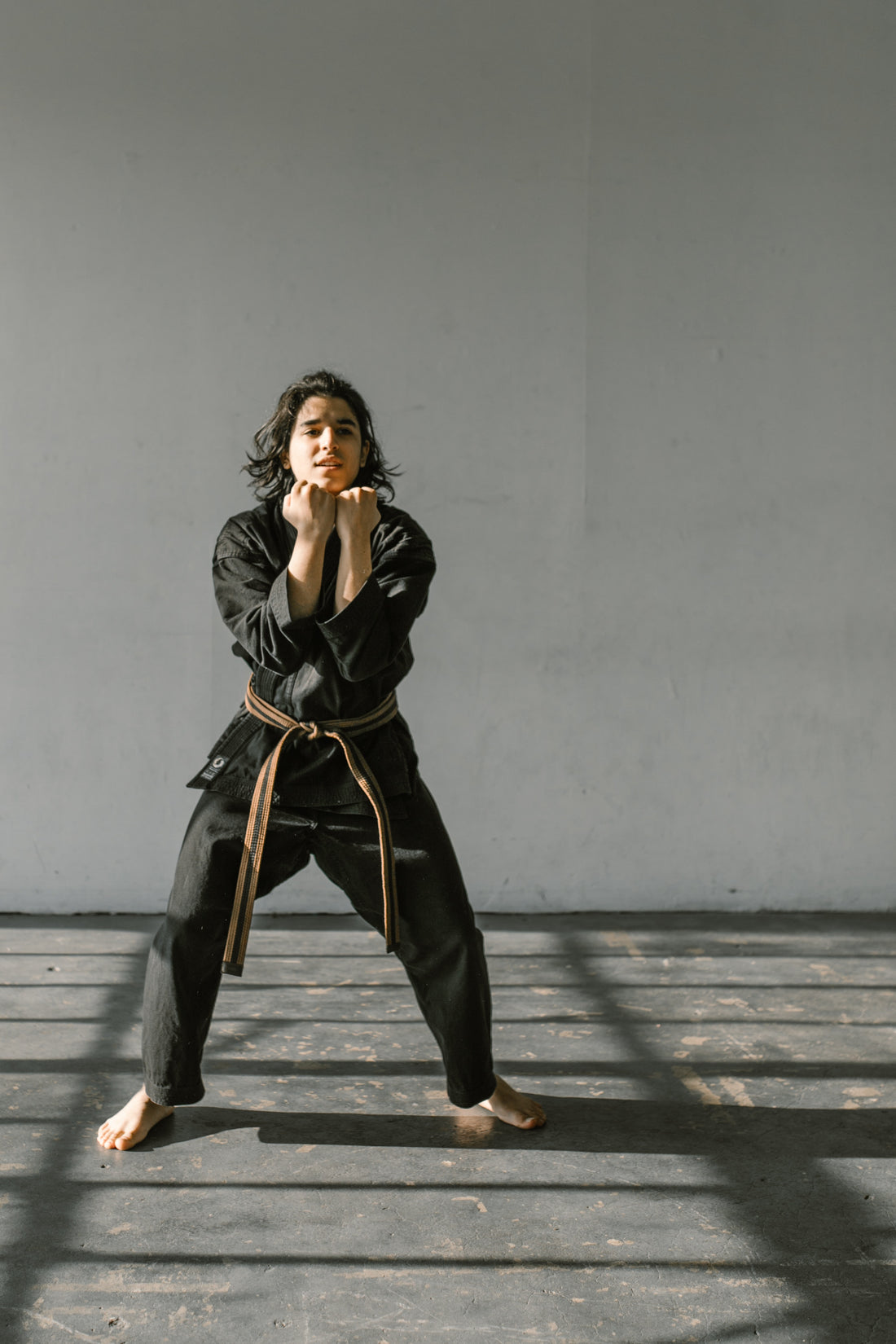Judo is a martial art that emphasizes teaching self-defense and can be used effectively in combat and fighting situations. While teaching the techniques and styles being are effective, there is something about this martial art that doesn’t focus on fighting. Because Judo as a martial art can also be used as a way to learn maximum efficiency, less effort. And mutual respect. Let us take a look at these three.
Judo as A Martial Art: Principle of maximum efficiency
In Judo, there is called a principle of maximum efficiency or also known as “Seiryoku Zenyo”. Seiryoku Zenyo is a set of physical exercises and a concept of using the least amount of physical effort. To achieve the maximum result or effect. Judo as a martial art teaches this principle so they can have an idea or to practice the idea. Of working smarter, not harder. And also, by leveraging an opponent’s energy and momentum against them.
To easily understand and apply the maximum efficiency in Judo as a martial art, there are several ways. One way is by doing off-balancing. Rather than trying to attack the opponent directly, Judoka seeks to disrupt their opponent’s balance and stability. By manipulating an opponent’s posture and using precise movements, a Judoka can create opportunities for throws or takedowns with minimal effort.
Less effort
Techniques in Judo are for maximum efficiency. This is the reason of letting the practitioners to achieve their desired outcome with less physical effort. There are many ways to perform Judo techniques using less effort. One way is through the help of fluidity.
Judo as a martial art teaches techniques that are executed with a sense of fluidity. By fluidity, it means maintaining a relaxed body. By doing this, a practitioner can move and adapt efficiently. Also, tension and unnecessary muscle engagement needs to consider. Allowing for smoother and more effortless execution of techniques.
Mutual respect
All kinds of martial arts have a great emphasis on teaching mutual respect. In oneself and others. Judo as a martial art also teaches this one important behavior. In other aspects of life and in any situation. Respect plays an important role in Judo. Practitioners of Judo must show respect to their instructors, training partners, and opponents. This includes bowing to show respect. Before and after practicing the techniques. And most importantly, treating others with courtesy and consideration. Judo instills a strong sense of sportsmanship, practice of fair play and treating others with dignity. Both inside and outside of the training hall.
A Martial Art of Good Behavior
Judo as a martial art is an art that promotes good behavior and ethical values. Practicing Judo goes beyond physical techniques and emphasizes on the development of moral character and positive traits. Furthermore, Judo also teaches valuable life skills and character traits. Practitioners learn perseverance, discipline, and mental fortitude through physically demanding training and continuous improvement. Doing that challenges individuals to overcome challenges and push their physical and mental limits to achieve their goals.

